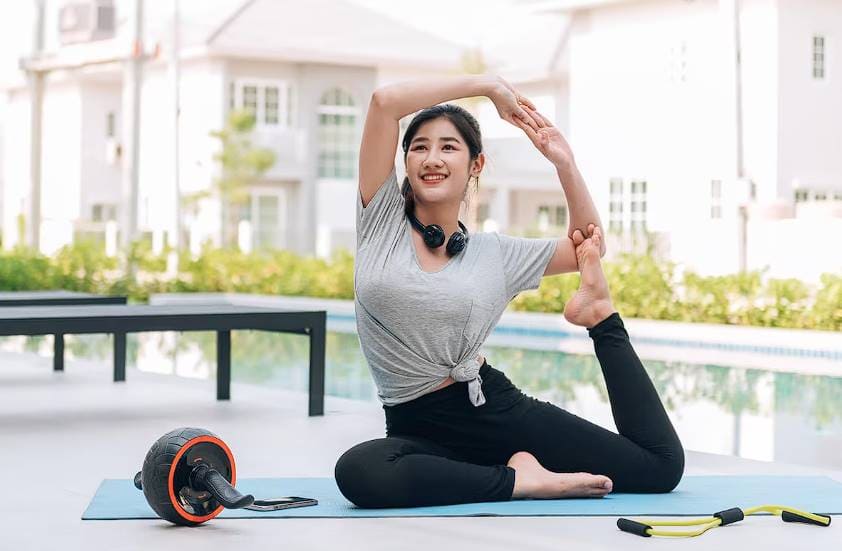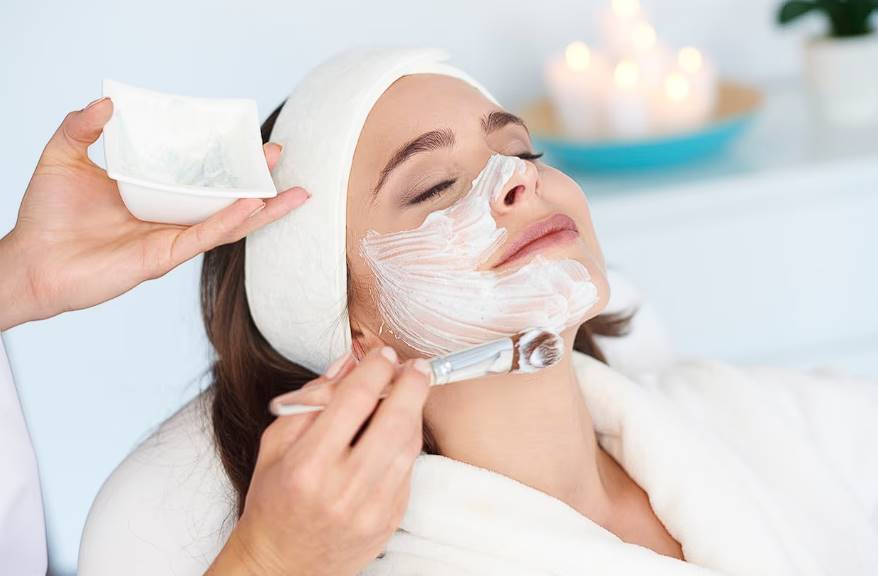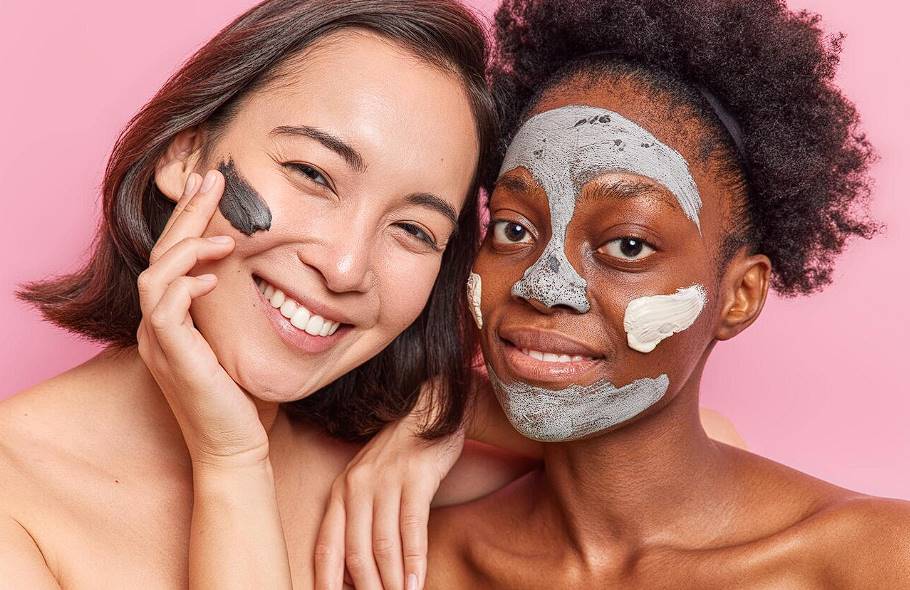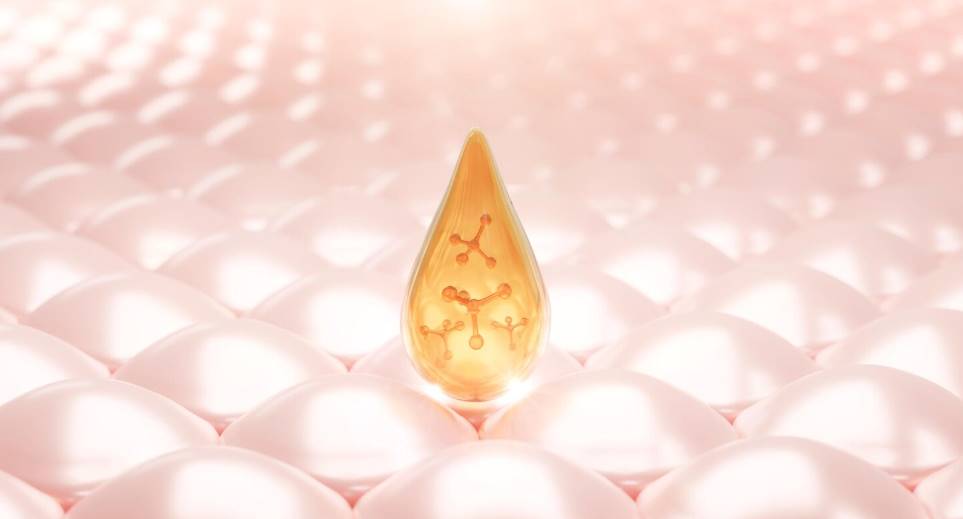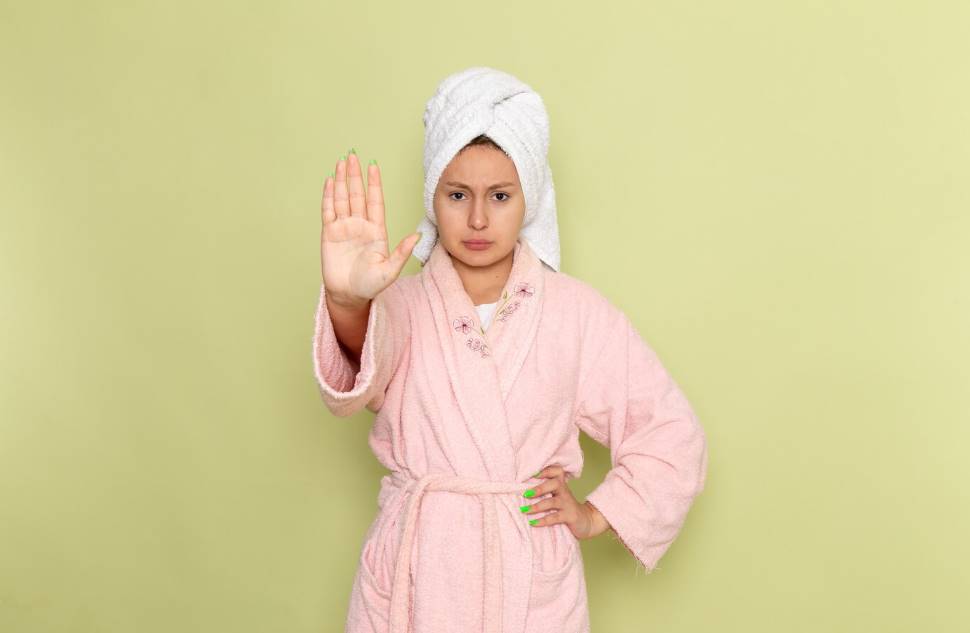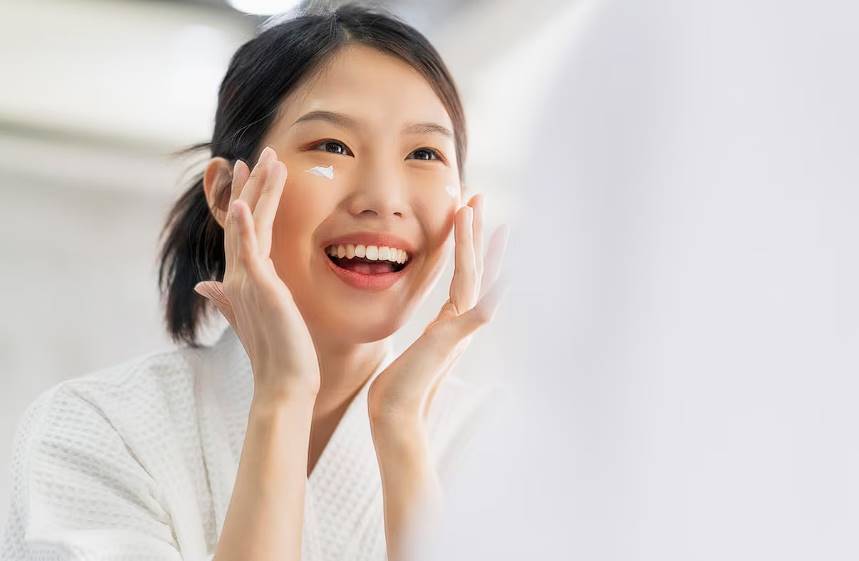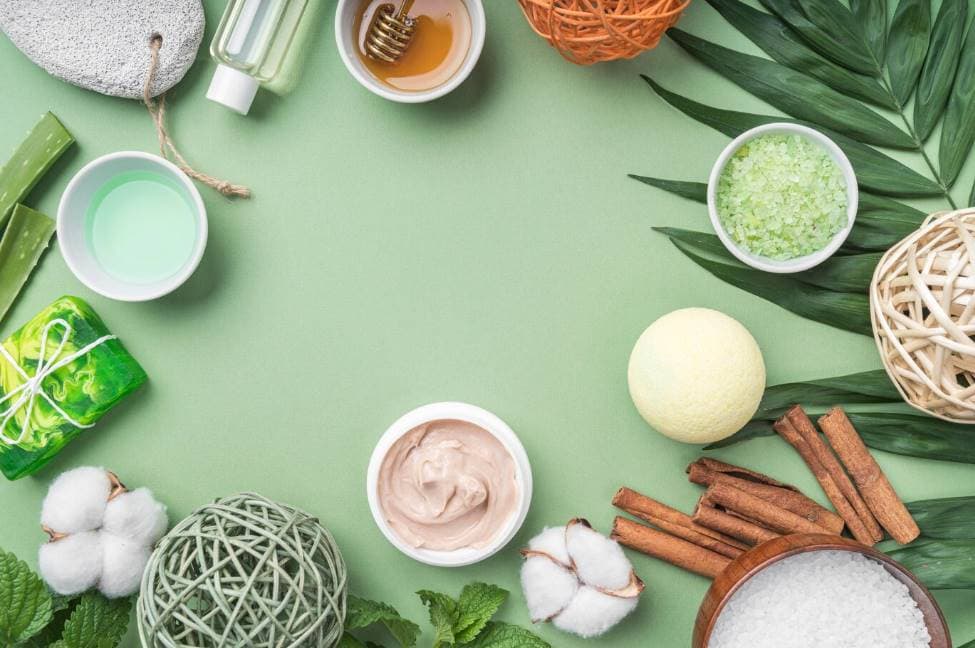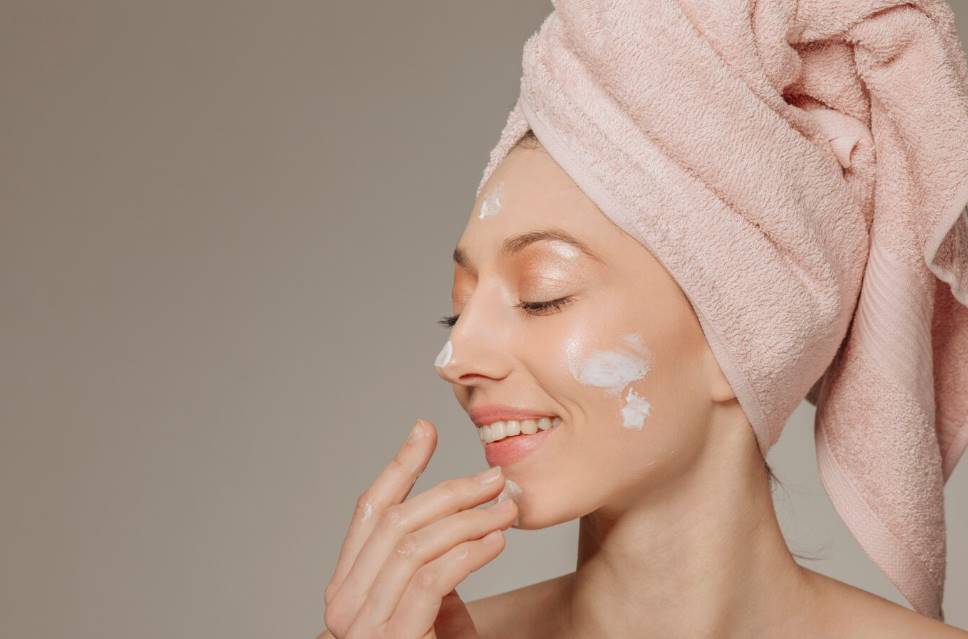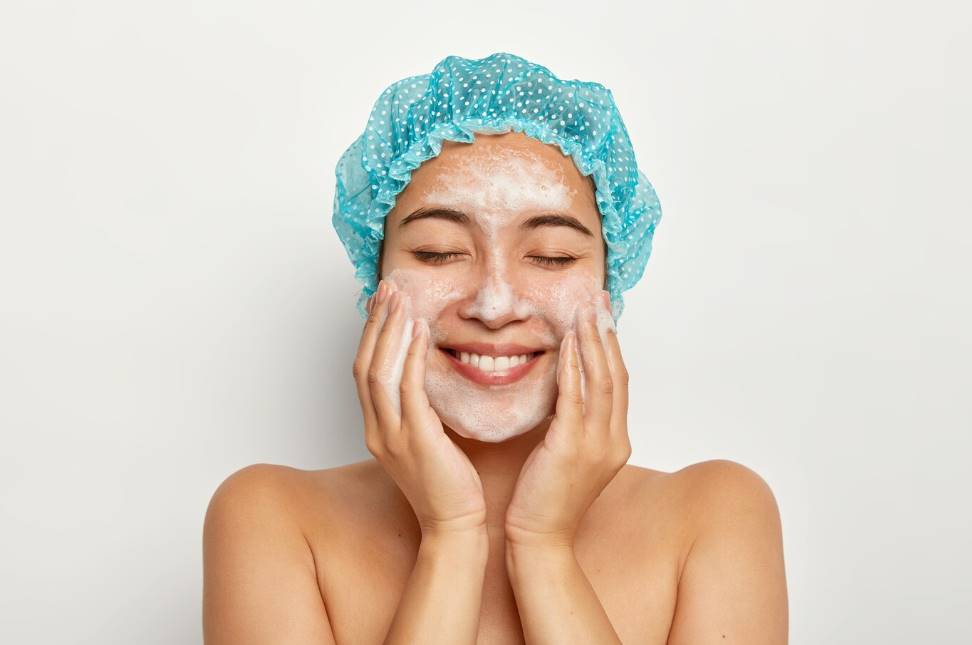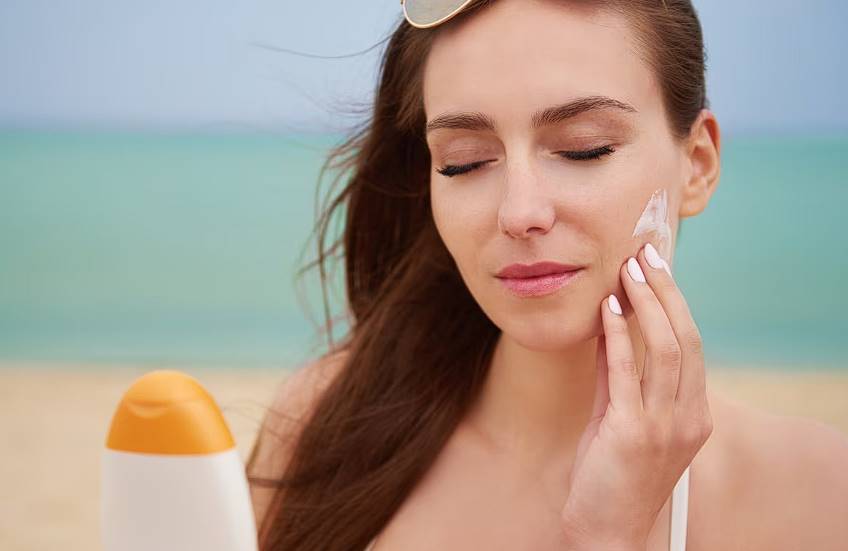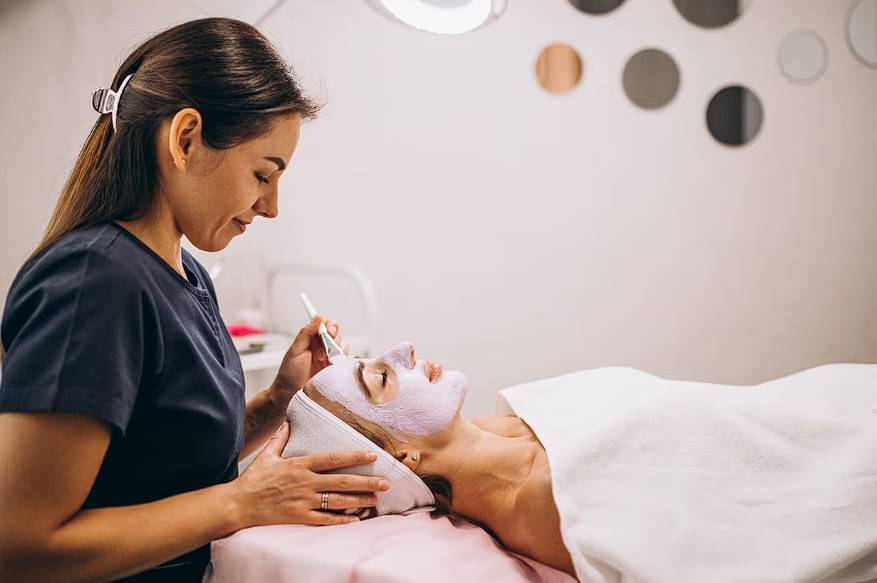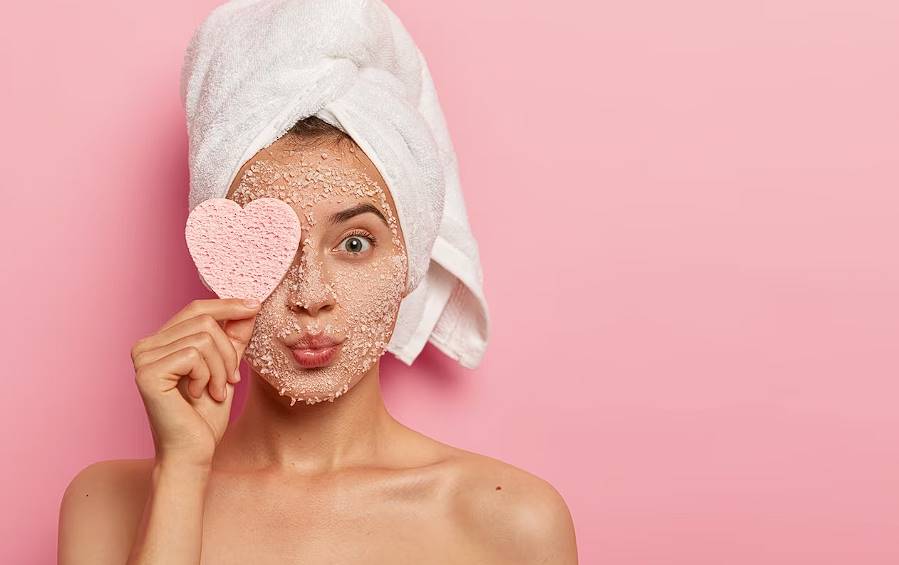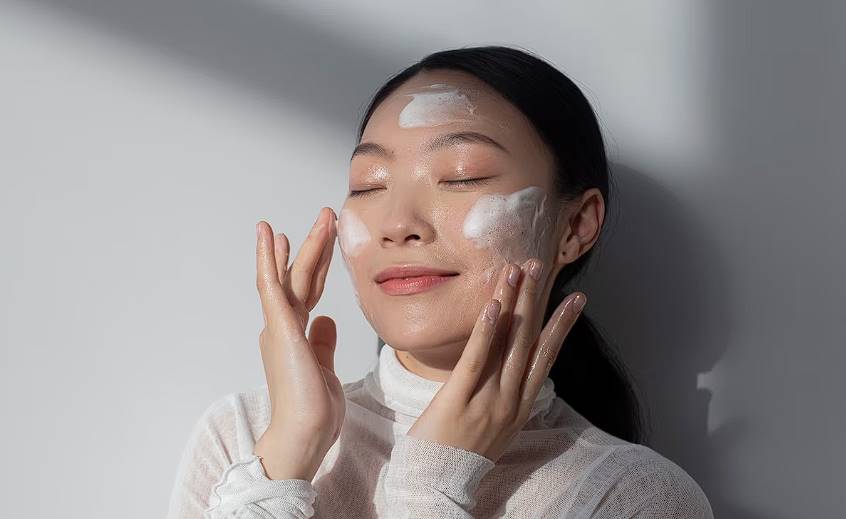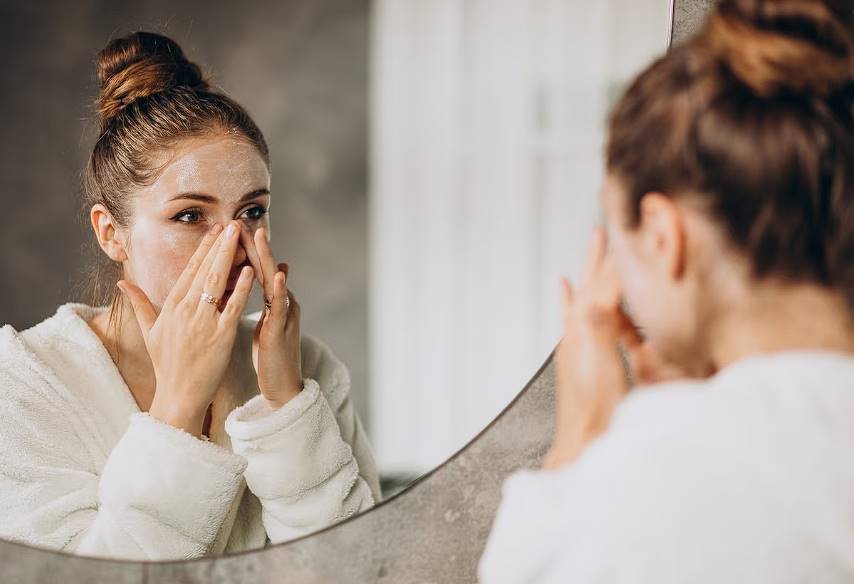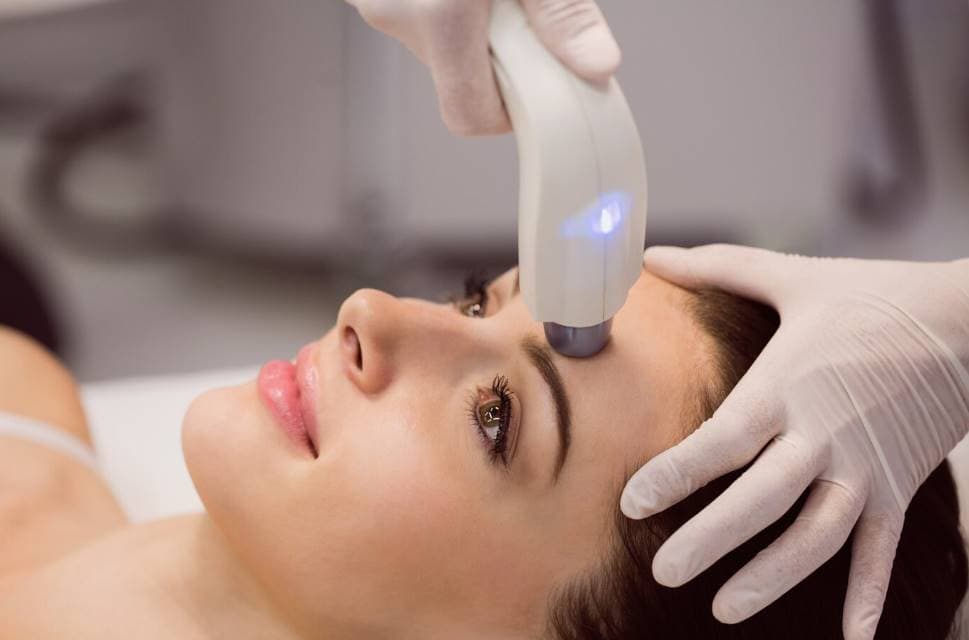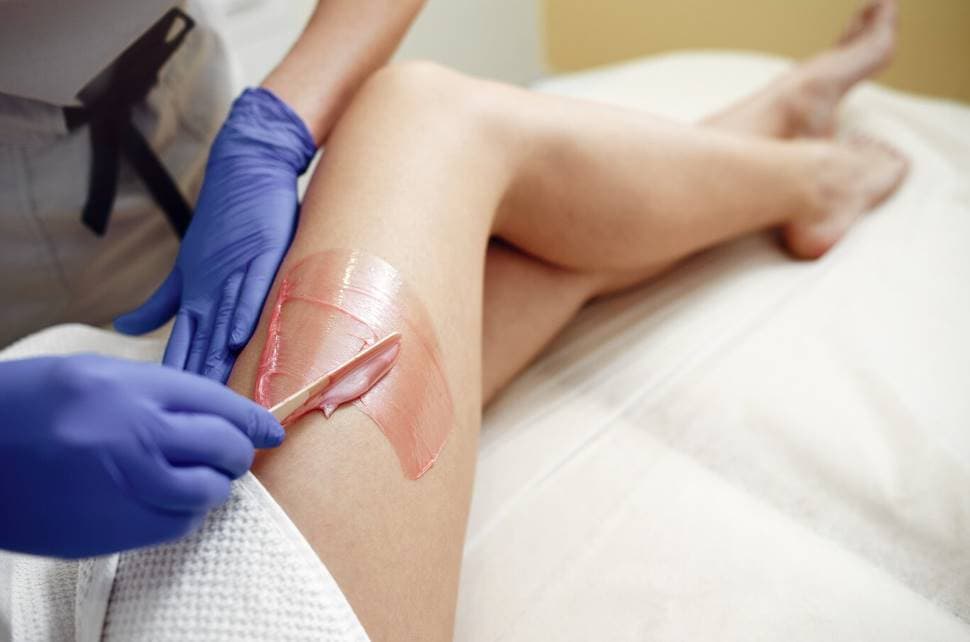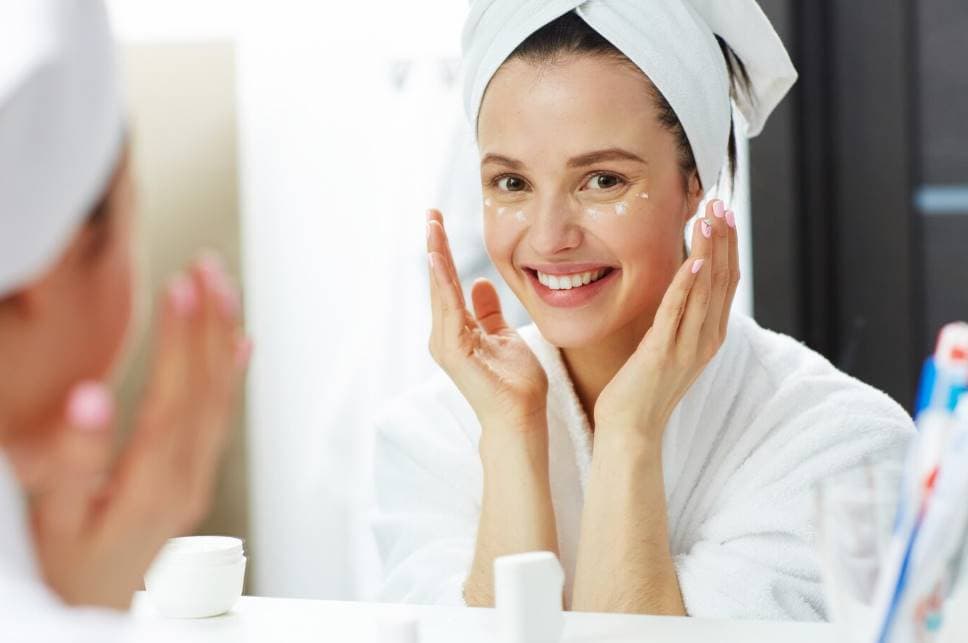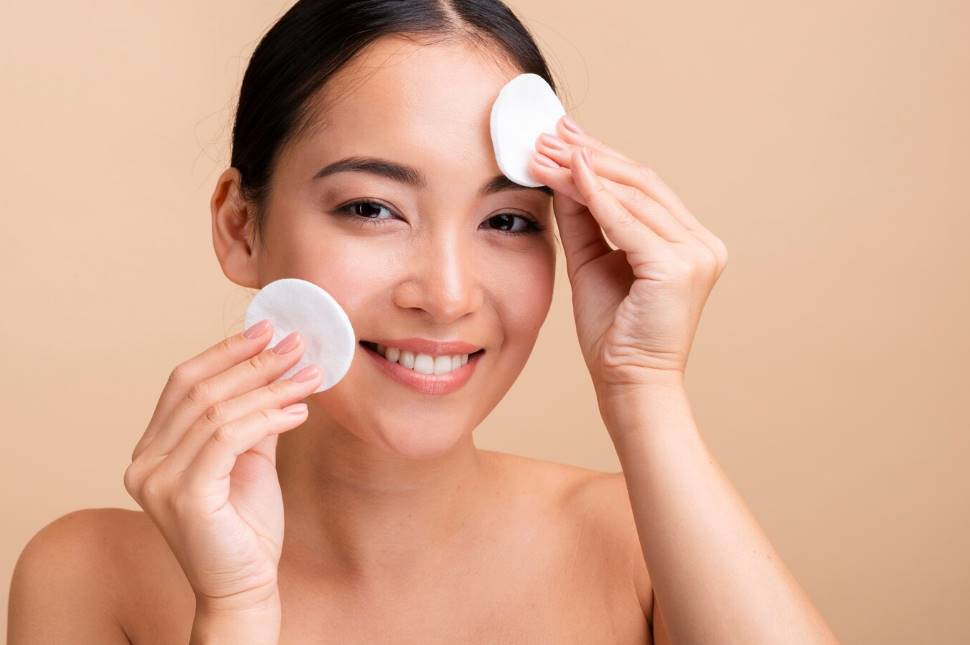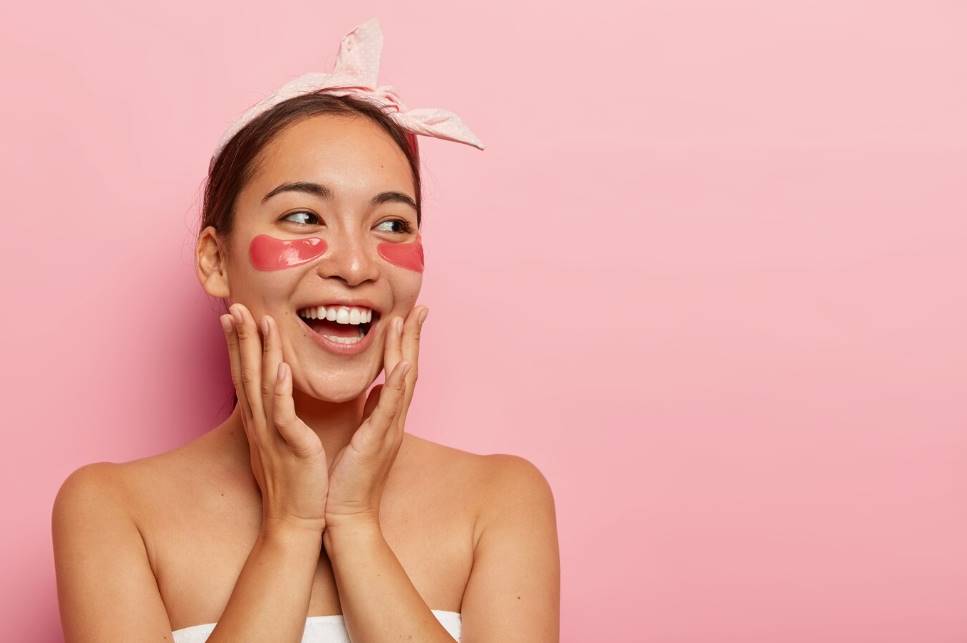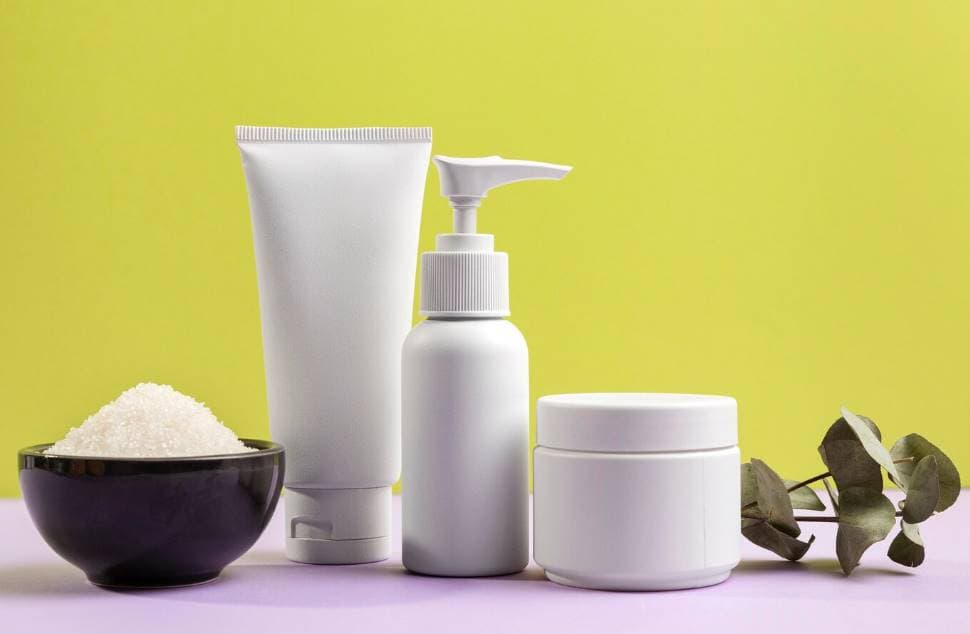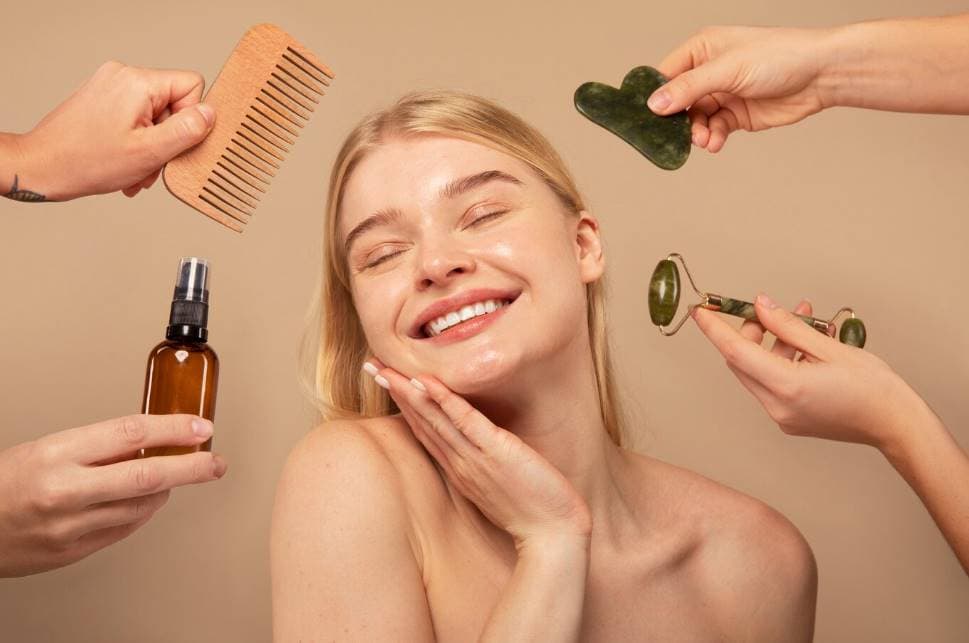Products, diets, and procedures to improve skin health and radiance are frequently sought. On the other hand, exercise is a potent technique that can help you get that glow. You read that correctly. In addition to improving your heart health and growing muscle, a regular exercise routine can significantly affect your skin's health and appearance.
Do I Need To Work Out If I Use Skincare Products?
We all know now that exercise has various positive effects on our health. Exercise is an integral part of our fitness regimen because of its many positive effects on our bodies and minds. Did you realise, though, that it also has a beneficial effect on our skin? Here, we'll investigate the intriguing connection between exercise and skin care and how regular exercise might help you maintain a healthy, glowing complexion.
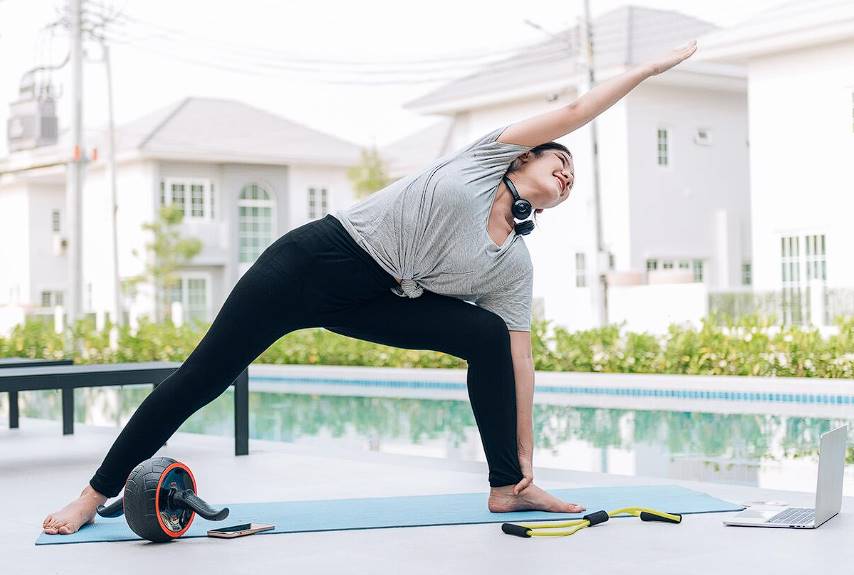
Boosts skin oxygen flow
The amount of oxygen in your blood rises when you work out. Your skin will benefit from this since it will increase its suppleness. The enhanced oxygen flow also aids in the removal of toxins and other impurities that may plug pores and cause breakouts.
Since oxygen and nutrients are necessary for skin cells to thrive, increasing your body's oxygen intake is a great way to improve your skin's health.
Lessens the effects of stress
We all know stress may damage skin. The effects of stress can be felt in various ways, from physical symptoms like acne to mental decline. Therefore, it should come as no surprise that lowering stress can significantly affect skin quality.
Physical activity releases endorphins, the "happy hormones," which reduce stress. Regular exercise leads to healthier skin by boosting your mood.
Reduces Wrinkles and Boosts Collagen
Skin health depends on the protein collagen. It aids in the healing of wounds and in maintaining the skin's young appearance. Wrinkles and other symptoms of ageing can result from a natural drop in collagen formation that occurs with age.
Now, though, is the time to start working out. Collagen formation is increased, which is yet another benefit of exercise. Exercising might lessen the prominence of fine lines and wrinkles already present and prevent the onset of new ones.
Improves skin tone
Exercising increases collagen production and improves the tone and texture of your skin. This is because the skin receives an increase in nutrients and oxygen thanks to the increased blood flow and circulation that results from frequent physical activity. If you do this, there will be less redness and irritation and fewer imperfections on your skin.
If you like to work out in the great outdoors, research the waterproof features of sunscreens so that you can reapply them at regular intervals, even when you're sweating.
Promotes cell growth
Lastly, exercise promotes cell proliferation in its own right. This stimulates the creation of healthy skin cells to replace damaged ones. Therefore, consistent exercise can enhance the tone and elasticity of your skin. In addition, telomerase activity can be increased through high-intensity interval training (HIIT) and endurance exercise, making both forms of exercise effective anti-aging strategies. It's an enzyme that helps keep our DNA safe, so our cells can divide and multiply more successfully.
Get the "Post-Workout Glow"
You are not dreaming things if you have ever observed that your skin has a distinct glow after working out. It's not a myth; the enhanced blood flow we discussed earlier causes this effect. When you work out, your heart rate rises, and your blood vessels widen, allowing more blood flow. This causes a brief flush to your skin that may persist for a few hours after your workout. So, incorporate regular exercise into your beauty routine if you desire healthy, radiant skin.
Working Up a Sweat to Obtain Clearer Skin
Sweating, brought on by regular exercise, is a great way to flush out toxins. Sweat has a purifying effect on the skin because it flushes out pore-clogging dirt, germs, and other pollutants. Just remember to give your skin a little wash after you sweat to get rid of any lingering residue.
The Sweat Downside
Sweat emanates from every orifice in a strenuous boot camp or hot vinyasa yoga practice. And you're right; it is! Sweating removes toxins and impurities, but using a lot of makeup or other oily skin products can clog pores and create acne.
And if you're the kind to hit the ground running (quite literally), you may be experiencing chafing. It's not very serious and won't stay long, but the pain can build up if your thighs rub against one other.
How To Prevent Skin Damage After Exercise.
Sweat and friction during exercise are only two skin problems that can arise. Never fear! Before you even lace up your sneakers, you can take certain preventative actions to ensure your safety. Among these are:
Remove your makeup.
When trying to fit in an hour of exercise before unwinding at the end of the day, it's easy to forget the swath of foundation you applied in the morning. You might not think it's a huge deal, but sweating while wearing makeup is far worse for your skin because your pores are already "clogged" from the makeup. Before lifting weights, it's smart to wash your face with a mild cleanser.
Sunscreen should always be worn.
Staying in the shade and donning sun-protective clothes are musts whenever you work up a sweat in the great outdoors. Many manufacturers of athletic wear also include UV-blocking features in their sunglasses, hats, and other apparel designed for use in the outdoors. SPF 30 or higher, broad-spectrum sunscreen should be applied liberally to all exposed skin.
To avoid blocked pores, look for the words "non-comedogenic" or "won't clog pores" on the sunscreen's packaging. It will assist you from getting skin cancer and will keep your skin looking younger for longer. Remember to reapply sunscreen every two hours or after swimming or sweating if engaging in an extended athletic activity, such as marathon training.
If exercising in the cold causes your skin to become chapped and windburned, you should protect it from the weather by applying a thick layer of moisturiser or petroleum jelly before you head outside. If you decide to take this precaution, however, make sure to use sunscreen.
Carefully select your fabrics.
Synthetic materials like nylon or polyester, or those that scream "moisture-wicking" on the label, are good options for your next workout wardrobe update. These textiles "wick" moisture away from the skin and dry quickly, decreasing clogged pores and improving temperature regulation. Loosely fitting training clothes are preferable since skin irritation can be caused by rubbing caused by tight clothing or accessories.
Find the appropriate shoes by getting measured.
Even though everyone wears the same shoe size, every pair of athletic sneakers can only fit some of the feet. Get measured and fitted at a specialty running or athletic store. Having properly fitting shoes helps prevent blisters and other foot ailments. Wearing moisture-wicking or nylon socks can also help avoid blisters during exercise, as can using soft bandages to protect vulnerable areas of your foot, such as your heels.
Keep yourself clean
Refrain from using dirty towels or gym equipment. To prevent the spread of germs, use a clean towel to dab sweat from your skin after a workout and disinfect any shared equipment. Avoid spreading germs by using your yoga mat and other personal belongings.
It's fantastic that you finished your workout! While you're enjoying the benefits of pushing yourself to your boundaries and caring for your body, it's important to remember to do the same for your skin.
The Steps You Should Take To Restore Your Skin After A Workout.
Finding Balance
Exercise has many skin benefits, but finding a balance is crucial. Irritation can be caused by excessive sweating and friction, so it's important to wash your skin after exercising and wear loose, breathable clothing.
Keep Yourself Hydrated
Dehydration, brought on by sweating during exercise, can reduce the moisture in your skin. Keep your skin supple and your body healthy by drinking enough water before, during, and after your workout.
Adjusting Your Daily Routine
Just as everyone has somewhat different skin, everyone has slightly different workout preferences. When deciding on an exercise, consider your skin's needs and worries. For those who suffer from acne, low-impact sports like swimming and cycling may be preferable.
What You Need To Know About Products To Use After Your Workout
After warming down and stretching, it's time to put things in order. How do you know which product to use after an exercise out of the many available?
Cleanser
Consider using a cleanser that contains benzoyl peroxide or salicylic acid, both of which reduce the amount of bacteria on your skin while also helping clean your pores. Due to its oil solubility, salicylic acid can effectively exfoliate deep within our pores and prevent the overproduction of oil. She notes that this is useful for addressing inflammatory forms of acne, like whiteheads and blackheads.
Acne-causing bacteria can be eliminated using benzoyl peroxide wash, which also has the added benefit of masking post-workout body odour, which is likewise bacterial in origin. Those with sensitive skin should use benzoyl peroxide cautiously and avoid combining it with other drying chemicals like salicylic acid. Lukewarm water alone can help prevent breakouts if you don't have any other cleanser on hand.
antiperspirant/Deodorant
Deodorants cover up odours, whereas antiperspirants prevent sweating and odour. Look for the ingredient "aluminium chloride," which plugs our sweat ducts and reduces perspiration while purchasing these. Generally speaking, the higher the concentration, the better the results, and so the designation "clinical strength." Deodorant works best when applied to dry skin after a shower and again just before exercise.
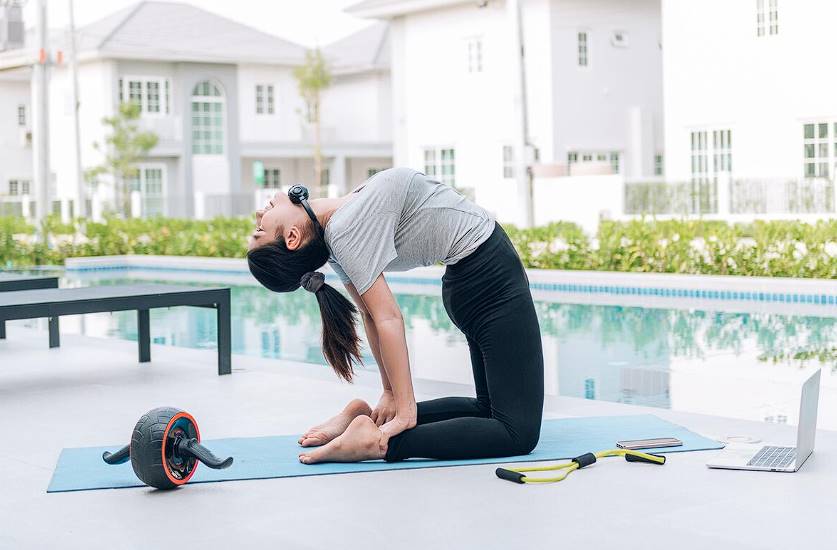
The Benefits Of Exercising Regularly And Taking Care Of Your Skin
Sculpted Skin, Sculpted Physique
Muscle tone and body composition both benefit from consistent exercise. Stronger, more defined muscles will tone and rejuvenate your skin. Sagging body parts, including the arms and thighs, maybe especially obvious.
A Healthy Flush
Do you ever feel like you shine after a good workout? When you work out, your blood rushes to the surface of your skin, giving you a natural flush that is difficult to achieve with cosmetics. Increased blood flow and oxygen delivery to skin cells cause a healthy flush.
Reducing the Signs of Ageing
Although wrinkles and other signs of ageing are unavoidable, you can delay them with regular exercise. Regular exercise increases blood flow, reduces stress, and boosts collagen synthesis, making skin look younger and smoother.
Combining Skin Care With Exercise Is A Great Idea.
Don't discount exercise's role in achieving glowing, youthful skin. For several reasons, exercise is important for skin care, including improving blood circulation, lowering stress levels, and causing a healthy flush. Maintaining a regular exercise routine helps improve your skin's appearance and texture. Get out your sneakers and commit to a routine that will leave your body fit and radiant skin.
Conclusion
In addition to its beneficial effects on the cardiovascular system and the growth of muscles, physical activity is also an effective method for enhancing the appearance of one's skin and improving their overall health.
A healthy exercise routine not only increases oxygen flow to the skin, which assists in the elimination of toxins and impurities that can lead to breakouts, but it also lessens the negative effects of stress on the skin. Endorphins, sometimes known as "happy hormones," are released during exercise. These hormones help relieve stress and contribute to healthier skin.
Exercising leads to an increase in the creation of collagen, which in turn aids in the healing of wounds and helps the skin to preserve its youthful appearance. Regular physical activity can lessen the appearance of fine lines and wrinkles, as well as prevent the formation of new wrinkles. In addition to this benefit, increased collagen production brings about an overall improvement in the skin's tone and texture.
A transient flushing of the skin that might last for a few hours after exercise is a common side effect of physical activity caused by an increase in blood flow. This glow is known as the "post-workout glow." When you exercise, you release pollutants and cleanse your skin at the same time through a process known as sweating. On the other hand, perspiration can also induce acne and chafing, both of which can be brought on by products for oily skin.
It is imperative to remove makeup, dress in sun-protective clothing, and use sunscreen after physical activity in order to reduce the risk of skin damage. If you want to prevent skin cancer and keep your skin appearing younger for a longer period of time, you should look for sunscreens that say "non-comedogenic" or "won't clog pores" on the label.
Before heading outside to exercise in the cold weather, apply a thick coating of moisturiser or petroleum jelly on your skin. This will help prevent your skin from being chapped and windburned. Always be sure to protect your skin from the elements by applying sunscreen so that you can keep your complexion radiant and healthy.
It is essential to choose the appropriate fibres for your workout outfit if you want to keep your skin healthy and hydrated in order to achieve optimal results. Choose synthetic materials such as nylon or polyester since they drain moisture away from the skin and dry out relatively quickly.
Blisters and other foot illnesses can be avoided by wearing socks that wick away moisture and shoes that are the correct size and fit. To maintain your personal hygiene, always use clean towels and exercise equipment, and make sure to disinfect any common facilities.
It is essential to reach a state of equilibrium after a workout, which can be accomplished by washing your skin and dressing in clothing that is loose and breathable. Drink plenty of water before, during, and after your workout to ensure that your body remains properly hydrated. Make adjustments to your routine so that it better satisfies the requirements and preferences of your skin.
Consider using a cleanser that contains benzoyl peroxide or salicylic acid after your workout in order to reduce the amount of bacteria on your skin and clean your pores. Washing with benzoyl peroxide can help treat inflammatory kinds of acne and cover up the smell of sweaty body odour after an exercise. Products that act as antiperspirants and deodorants, such as aluminium chloride, can be helpful in preventing both sweating and body smell.
The skin can be sculpted, a healthy flush can be achieved, and indications of ageing can be decreased with consistent exercise. The healthy flush that results from increased blood flow and oxygen supply to skin cells is responsible for the appearance of younger, smoother skin.
It is a good idea to combine skin care with exercise because doing so improves blood circulation, lowers stress levels, and boosts collagen synthesis. All of these things contribute to skin that appears younger and smoother.
Content Summary
- The use of skincare products, diets, and treatments are all complemented by physical activity, which results in improved skin health and shine.
- In addition to its beneficial effects on heart health and muscular growth, regular exercise also has a significant impact on the health and appearance of the skin.
- Exercising increases the flow of oxygen to the skin, which makes the skin more supple and removes toxins, resulting in pores that are less clogged.
- The consumption of more oxygen promotes the proliferation of skin cells and the general health of the skin.
- Exercising helps reduce stress, which has a favourable impact on the health of your skin and can also minimise acne and other symptoms.
- Wrinkles can be reduced and collagen production can be increased by exercise, both of which contribute to more youthful skin.
- The increased production of collagen that occurs as a result of exercise helps to smooth out fine lines and prevent the formation of new wrinkles.
- Exercise improves the tone and texture of the skin, as well as the delivery of nutrients and oxygen, leading to healthier skin overall.
- When exercising outside, it is essential to use a sunscreen that is also water resistant to prevent skin damage.
- Regular exercise stimulates cell growth, resulting in the replacement of damaged skin cells with ones that are healthier.
- The anti-aging advantages of telomerase activity can be increased by the practise of high-intensity interval training and endurance exercise.
- The "Post-Workout Glow" is caused by an increase in blood flow and heart rate that occurs as a result of exercise.
- Exercising on a regular basis is one of the best ways to achieve healthier skin and a distinctive post-workout glow.
- Exercising leads to sweating, which cleanses the skin and helps purge the body of impurities.
- Makeup that is too heavy or products that are too oily can block pores, which negates the positive effects of sweating.
- When exercising at a high intensity, you may experience chafing and irritation of the skin.
- Before beginning an exercise routine, it is necessary to take some precautions, such as removing makeup and applying sunscreen.
- Sunscreen with a sun protection factor (SPF) of 30 or above and a "non-comedogenic" designation is essential for sun protection.
- When the weather is cold, protecting your lips with moisturiser or petroleum jelly will help prevent chapping and windburn.
- Clothing designed for physical activity should be made of a synthetic material that wicks away sweat.
- Blisters can be avoided during exercise by wearing shoes that fit properly and socks that wick away moisture.
- In order to minimise the spread of germs, gyms should have clean towels, equipment, and personal goods.
- After an exercise, it is important to wash off any perspiration, make sure to wear clothes that breathe, and drink enough of water.
- During exercise, excessive sweating can cause dehydration, which can dry up the skin.
- Exercise regimens that are adapted to the needs of the skin contribute to the maintenance of good skin.
- After working out, your pores can benefit from being cleaned out using a cleanser that contains salicylic acid or benzoyl peroxide.
- Antiperspirants containing aluminium chloride are effective at minimising odour and perspiration.
- Regular exercise increases muscular tone as well as body composition, which in turn helps to rejuvenate the skin.
- A healthy and natural blush can be seen on the skin after exercise because of the increased blood flow.
- By increasing blood flow, lowering stress, and stimulating collagen production, regular exercise can prevent the onset of the indications of ageing.
- When combined, skincare and exercise have a synergistic effect that improves blood circulation, lowers tension, and encourages a healthy flush.
- Maintaining an exercise regimen over time will enhance the overall health as well as the appearance and texture of your skin.
Frequently Asked Questions
Absolutely! While skincare products are crucial in maintaining skin health, exercise offers unique benefits. Regular physical activity boosts blood circulation, delivers oxygen and nutrients to skin cells, and reduces stress, all of which contribute to a radiant complexion that complements the effects of skincare products.
Yes, it can. Exercise stimulates collagen production, a vital protein for maintaining youthful skin. Collagen helps heal wounds and prevent wrinkles. Regular exercise increases collagen formation, potentially reducing the appearance of fine lines and wrinkles and delaying the onset of new ones.
Exercise releases endorphins, often called "happy hormones," which help reduce stress. Lower stress levels can minimise skin problems like acne, as stress is a known trigger for various skin conditions. By incorporating exercise into your routine, you can promote healthier skin by managing stress more effectively.
When exercising outdoors, it's crucial to protect your skin. Apply a waterproof sunscreen with at least SPF 30 to exposed areas. Wear moisture-wicking fabrics and protective clothing to shield your skin from harmful UV rays. After your workout, wash off sweat and reapply sunscreen to prevent skin damage.
While exercise offers numerous benefits, improper post-workout care could lead to issues like breakouts or irritation. To prevent this, remove makeup before exercising, wash your face with a gentle cleanser afterwards, and use a suitable moisturiser. Also, choose workout clothing made of moisture-wicking fabrics to reduce friction and irritation.
